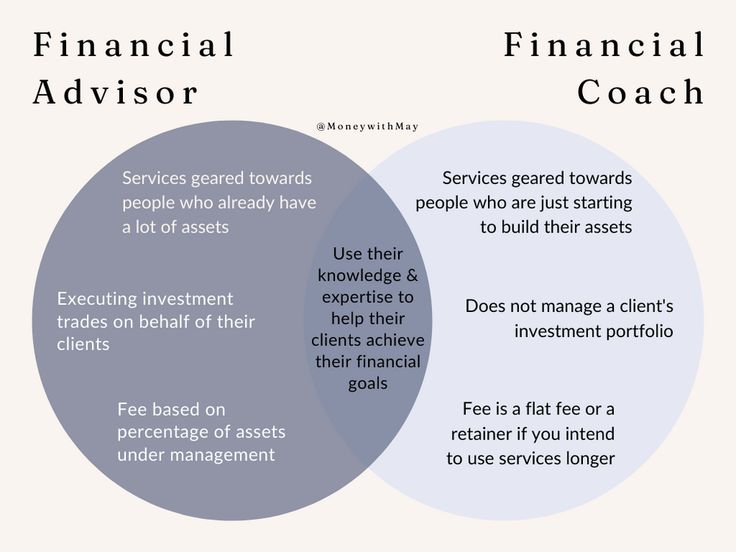
A career as a water quality scientist can lead to exciting and challenging careers with many possibilities. A degree in water science is essential, but there are also a number of routes into the field that are less technical. Water quality scientists may work in a variety of settings, including at the national and international levels. Those with considerable experience may move into a consultancy role.
Qualifications
Water quality specialists study the environmental consequences of various pollutants in rivers as well as lakes. While some focus on ecosystems, others examine human-made systems such as water treatment plants and drinking water supplies. Water quality specialists can be employed to protect the environment and ensure safety of such systems. Others may focus on the coastal waters.
This degree is a good starting point if you are interested in working in the field of water science. Some universities offer postgraduate courses related to this area. Some offer apprenticeships that combine part-time and paid work.

Environment for work
Water quality scientists have the main task of protecting water supplies. This is done through the use of analysis, testing, and regulation. They typically specialise in surface water, groundwater, or drinking water. Their work can also impact the compensation they receive. Salaries for water-quality analysts vary depending on their education, years of experience, and the responsibilities they have.
A water quality scientist will test water samples according to scientific standards. They can also provide recommendations to improve water quality. Additionally, they will examine water pollution and provide expert advice on how to prevent it. An average starting salary for water quality scientists is PS18,000. However, it can go up to PS25,000. The job can be full-time, with frequent travel.
Salary
A water quality scientist collects samples of water from various sources and tests these samples using approved scientific procedures to identify pollutants and provide solutions to improve the quality of the water. They can also inspect suspected polluted sites and provide advice on how to release sewage or industrial effluents safely. These positions pay salaries between PS1800-PS25,000 per annum. A water quality scientist may work for a consultancy or for a government agency.
The national average for a Water Quality Scientist salary is approximately $92,500. Some cities pay considerably more. Water quality scientists might also receive bonuses each year based on performance. A typical compensation package includes travel benefits, pension, health insurance, and pension. Water quality scientists typically work a five-day workweek, although some may work on a shift basis. The job also requires frequent travel to conduct quality testing and inspections.

Education
To become a water quality scientist, it is essential to get a degree in a relevant scientific discipline. This degree should have a biological and analytical component. This is a highly-specialized field. Candidates should have a strong sense for organisation and detail. Generally, degree programmes should be accredited by the Chartered Institution of Water & Environmental Management. These degrees can also be a huge advantage and may be required by some employers.
Water quality scientists might decide to further their education or obtain certification. A PhD will allow water quality scientists to gain new knowledge and increase their career prospects. A PhD can prepare scientists for teaching, academic research, and high-level government jobs. A PhD will give you the confidence and skills to take on leadership roles in the public sector. A post at a government agency can be a great choice for professionals who are passionate about water quality.
FAQ
What can I expect of my consultant?
When you choose your consultant, they should respond within a few working days. They will usually ask for information about your company, including its mission, goals, products, services, budget, etc. They will then send you a proposal that outlines the scope of work and estimates timeframe, fees, deliverables, milestones and other details.
If everything is in order, then the parties will enter into a written contract. The type relationship between the two sides (e.g. employee-employer or independent contractor-employer) will dictate the terms of the contract.
If everything goes smoothly, the consultant can begin work immediately. S/he will have access to your internal documents and resources, and you'll have access to his/her skills and knowledge.
You shouldn't assume, however, that every consultant is an expert in all areas. It takes practice, effort and practice in order to be an expert in any area you consult. Don't expect your consultant know everything about your company.
How can I become a successful consultant
It is important to identify an area of passion. Building relationships is the next step. Understanding your clients' needs and operating style is essential. Finally, you must deliver results.
You don't have to be the best at everything, but you do have to be better than everyone else. Passion is key. It doesn't suffice to say, "I will be a consultant." You must really believe in yourself and what you're doing.
What qualifications do you need to become a consultant in order to get your degree?
Studying a subject deeply and then applying your knowledge is the best way for you to become an expert.
If you are interested in becoming a great advisor, then start learning now!
A degree without relevant experience may make it difficult for you to be hired. If you have demonstrated that you have studied the same subjects as those who received the jobs, then you may still be eligible to apply.
But remember, employers will always look for candidates with real-world expertise.
Why would a company want to hire a consultant for their business?
Consulting provides expert advice about how to improve your business performance. Consultants are not here to sell products.
A consultant is a person who helps companies make better choices by providing sound analysis, and making recommendations for improvement.
Consultants often work closely alongside senior management teams to help understand what they need to succeed.
They provide coaching and leadership training for employees to enable them to achieve their peak performance.
They might advise businesses on how to reduce costs, streamline processes, or increase efficiency.
How do I get clients for my consultancy business?
The first step is to find an area you are passionate about. It can be anything you like, including public relations or social media. If you don't feel passionate about it, you might need to start small with web design. Once you have found the niche market, you need to understand why it works. What problems does this solve? Why should people use it? How can you help them?
It is also possible to approach businesses directly.
If all else fails you can offer your services at free events such as conferences or networking nights. You will meet potential customers and be able show your skills without having to spend money advertising.
Statistics
- 67% of consultants start their consulting businesses after quitting their jobs, while 33% start while they're still at their jobs. (consultingsuccess.com)
- According to IBISWorld, revenues in the consulting industry will exceed $261 billion in 2020. (nerdwallet.com)
- So, if you help your clients increase their sales by 33%, then use a word like “revolution” instead of “increase.” (consultingsuccess.com)
- WHY choose me: Why your ideal client should choose you (ex: 10 years of experience and 6-week program has helped over 20 clients boost their sales by an average of 33% in 6 months). (consultingsuccess.com)
- Over 50% of consultants get their first consulting client through a referral from their network. (consultingsuccess.com)
External Links
How To
What does a typical day look like for a consultant?
A typical day will vary depending on the type of work you are undertaking. You will be spending time researching, planning new ideas, meeting with clients, and creating reports.
You will have many meetings where clients and you can discuss their issues. These meetings can be held over the telephone, online or face-to face.
Sometimes, you may be asked to create proposals. These are documents that outline your ideas and plans for clients. You will need to discuss these proposals with a mentor or colleague before you present them to clients.
After all the planning and preparation, you will have to produce some content. You could write articles, design websites, edit photos or conduct interviews.
It depends on the project's scope, you might need to do some research to collect relevant statistics. For instance, you might want to find out how many people you have and if they are buying more than just one product or service.
Once you have all the information needed, it is time for clients to see your findings. You can either present your findings in writing or orally.
After your initial consultation with clients, you need to keep in touch. You might contact them regularly to check on their progress or send them emails to confirm they have received your proposal.
Although it takes time, this process is worth it. It's also important to keep your eyes on the prize and maintain good relations with clients.